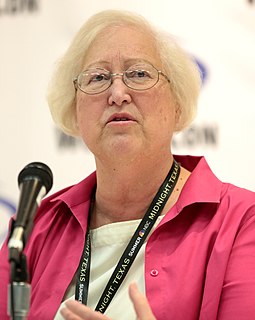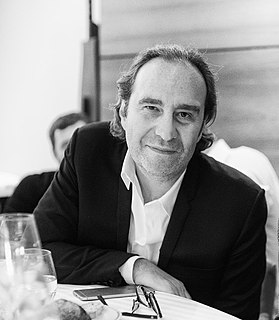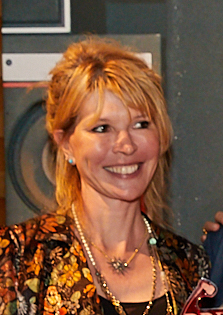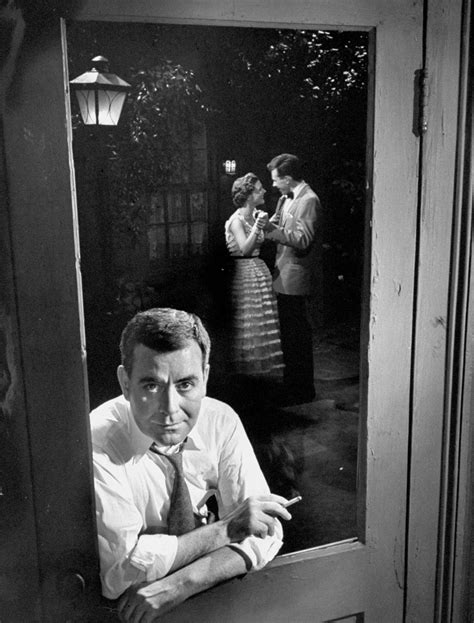A Quote by Malcolm Mclaren
I always feel more comfortable in chaotic surroundings. I don't know why that is. I think order is dull. There is something about this kind of desire for order, particularly in Anglo Saxon cultures, that drive out this ability for the streets to become a really exotic, amorphous, chaotic, organic place where ideas can, basically, develop.
Related Quotes
I'm always looking to find order within the chaos. And sometimes when my life gets fairly chaotic, I'll take a walk outside. I think about the order and the perfection of galaxies of planets in orbit and traveling around space and thinking how chaotic the wars and divorces and riots on our planet must look from outer space.
The amazing thing is that chaotic systems don't always stay chaotic," Ben said, leaning on the gate. "Sometimes they spontaneously reorganize themselves into an orderly structure." "They suddenly become less chaotic?" I said, wishing that would happen at HiTek. "No, that's the thing. They become more and more chaotic until they reach some sort of chaotic critical mass. When that happens, they spontaneously reorganize themselves at a higher equilibrium level. It's called self-organized criticality.
The New World Order is a more palatable name for the Anglo American world empire. It's the planetary domination of London, New York, Washington over the rest of the world. It's hard to get people to join that or think they have a part in it if you called it the Anglo American world empire. If you call it the New World Order, then people in India or some place like that or the European Union might think, "Well, there's something there for us too." But that's not what it is; it's the Anglo American New World Order.
I never felt pretty. I don't feel pretty now. I'm not a pretty person. I don't like pretty. So I don't feel badly. And I think it worked out well, because I found that all the girls I know who got by on their looks, as time went on and they faded, they were nothing. And they were very disappointed. When you're somebody like myself, in order to get around and be attractive, you have to develop something, you have to learn something, you have to do something. So you become a bit more interesting.
I have these guilts about never having read Chaucer but I was talked out of learning Early Anglo-Saxon / Middle English by a friend who had to take it for her Ph.D. They told her to write an essay in Early Anglo-Saxon on any-subject-of-her-own-choosing. “Which is all very well,” she said bitterly, “but the only essay subject you can find enough Early Anglo-Saxon words for is ‘How to Slaughter a Thousand Men in a Mead Hall’.
It's not necessary for you to exacerbate your contrast with struggle in order to get it into a higher place. It is not necessary to suffer in order to give birth to desire. But when you have suffered and you have given birth to desire, so what? You've got a desire. Turn your attention to the desire. Think about where you're going and never mind where you've been. Don't spend any more time justifying any of that stuff -- Abraham
Some people think that English poetry begins with the Anglo-Saxons. I don't, because I can't accept that there is any continuity between the traditions of Anglo-Saxon poetry and those established in English poetry by the time of, say, Shakespeare. And anyway, Anglo-Saxon is a different language, which has to be learned.




































